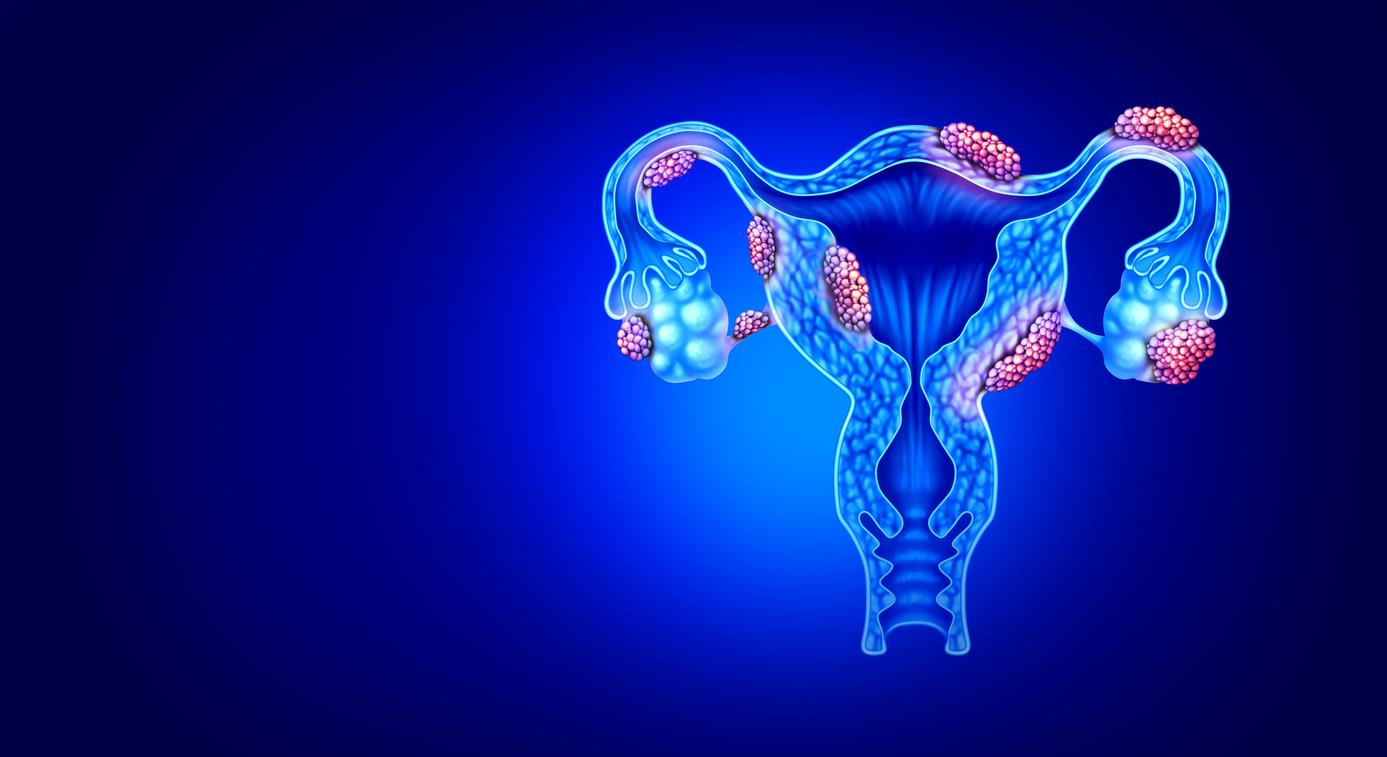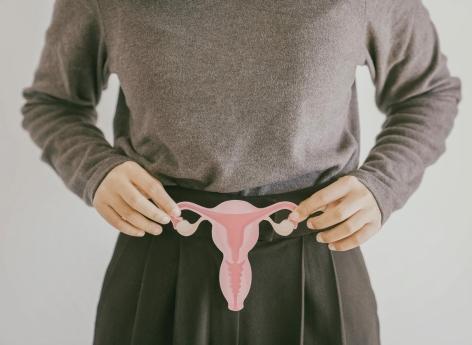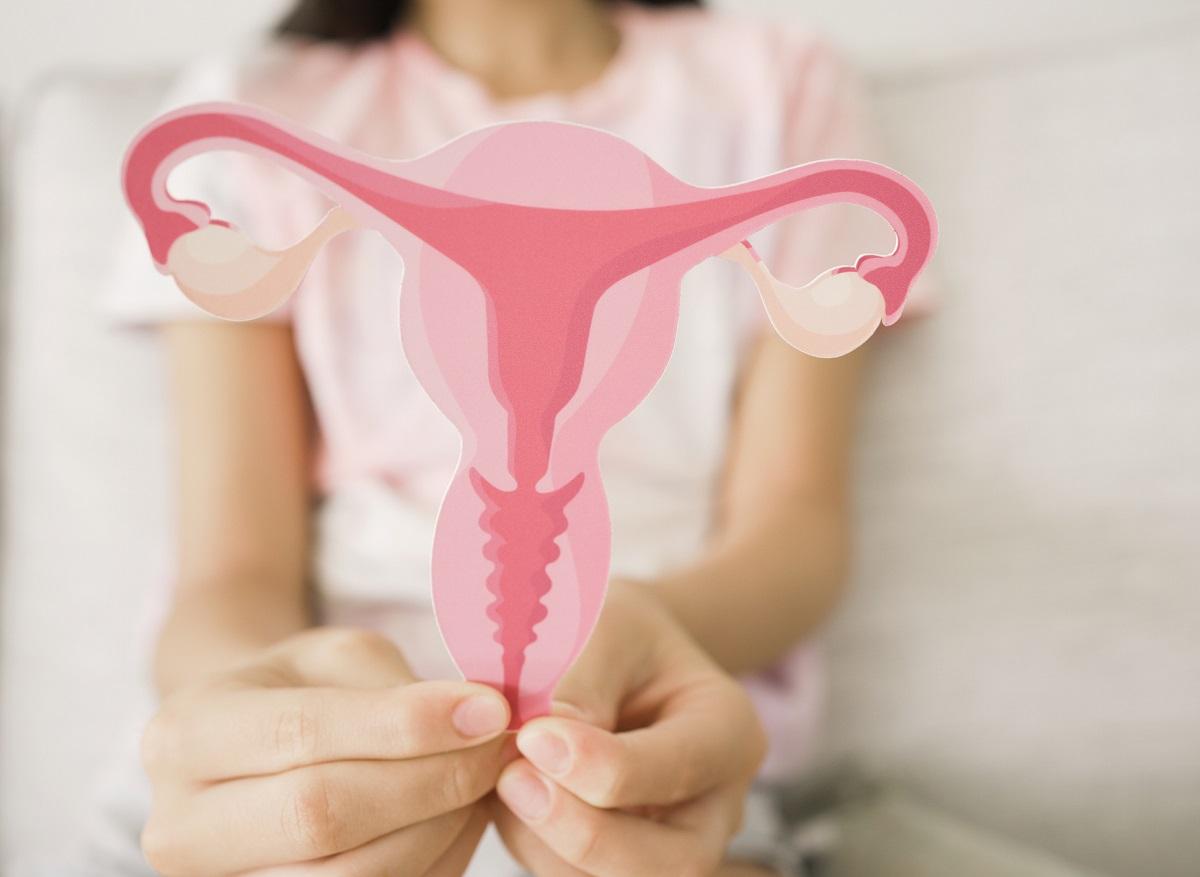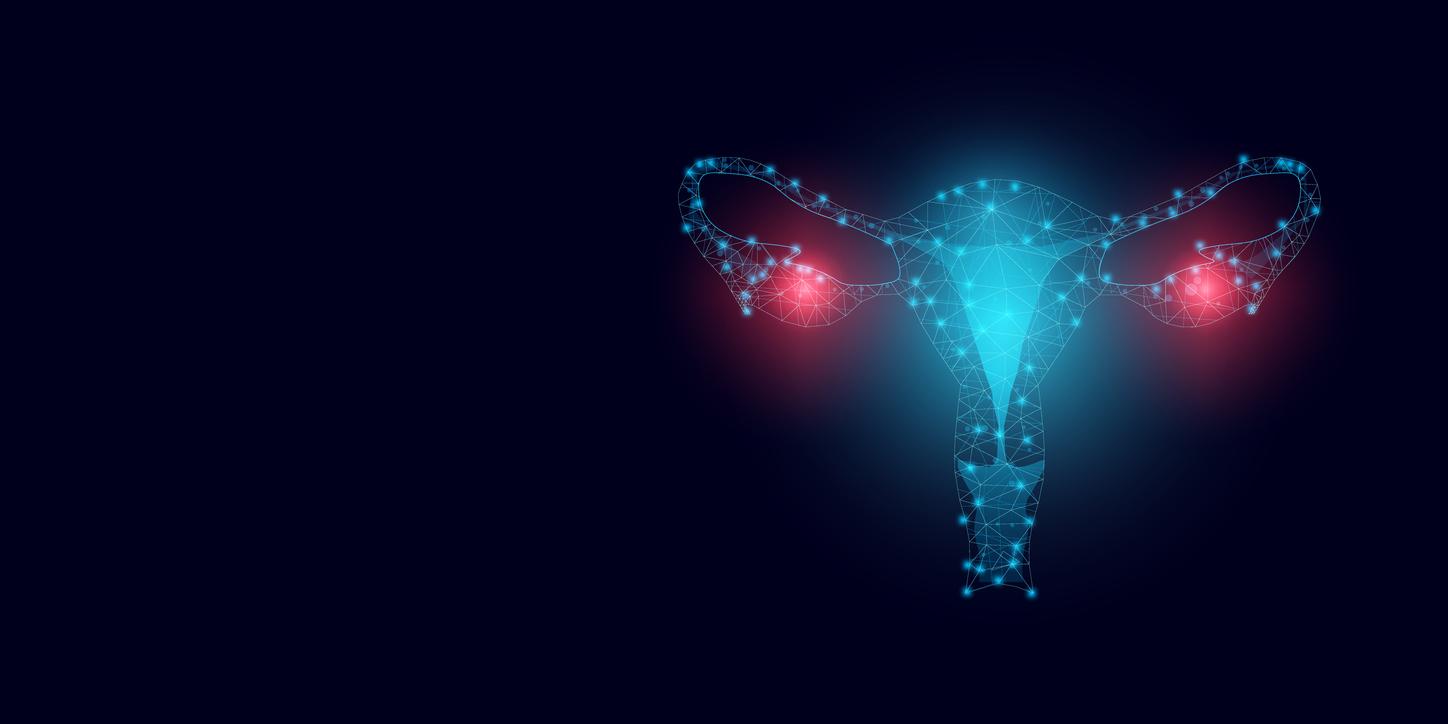Until now, endometriosis took an average of seven years to be detected. But a new tool could change the situation, and drastically reduce the medical wandering of patients: to 7 days. This is at least the promise of the Endotest, a saliva screening proposed by the start-up Ziwig in collaboration with the National College of French Gynecologists and Obstetricians (CNGOF).
Last June 9 appeared in the New England Journal of Medicine a study devoted to this diagnostic test, revealing an efficiency of more than 90% after being tested on 200 patientssome of whom already had proven endometriosis and others in whom it was suspected.
Markers of the disease identifiable via saliva
The principle of the Endotest is to take a saliva sample to make a sequencing of “micro RNA” explains the press release, combined with an artificial intelligence tool. This state-of-the-art technique would make it possible to identify markers of the pathology after seven days of laboratory examination.
As a reminder, endometriosis is characterized by deposits of uterine lining outside the uterus (on the ovaries, intestines or bladder). The latter begins to bleed during menstruation. But the bleeding fails to evacuate naturally, which causes lesions and small cysts. These cysts grow and become painful. It would affect one in ten women between the ages of 20 and 40 and is involved in many cases of infertility.
The test should be available in France by the end of 2023. It is already used by many countries, as the press release points out: “in the United Kingdom, Italy, Germany, Sweden, Norway, Denmark, Iceland, Lithuania, Latvia, Estonia, Saudi Arabia, United Arab Emirates. It will be very soon in Hungary, Belgium, Luxembourg, Kuwait, Qatar and Israel. It is reimbursed in Switzerland.”
Sources: NEJM, Ziwig


















